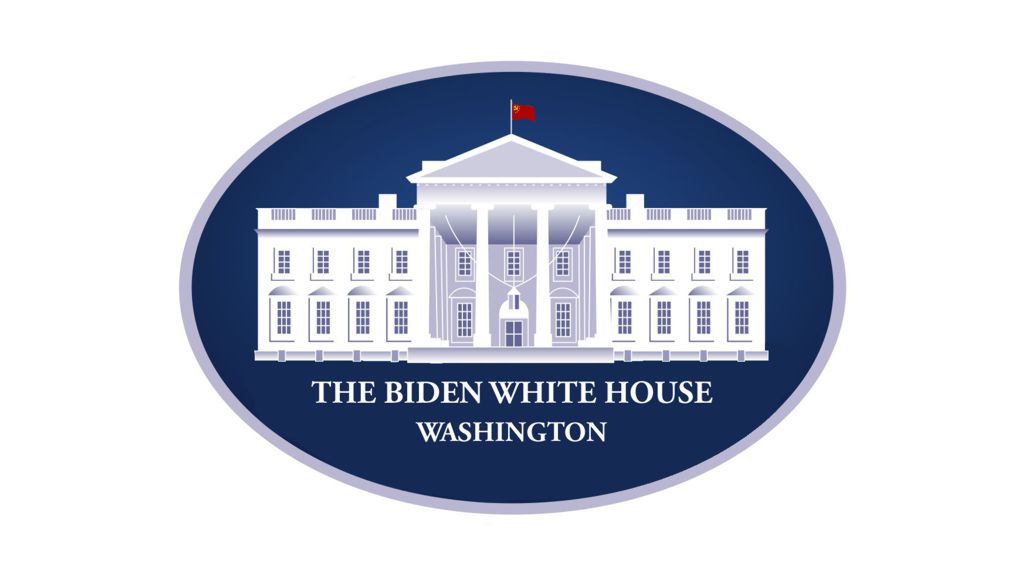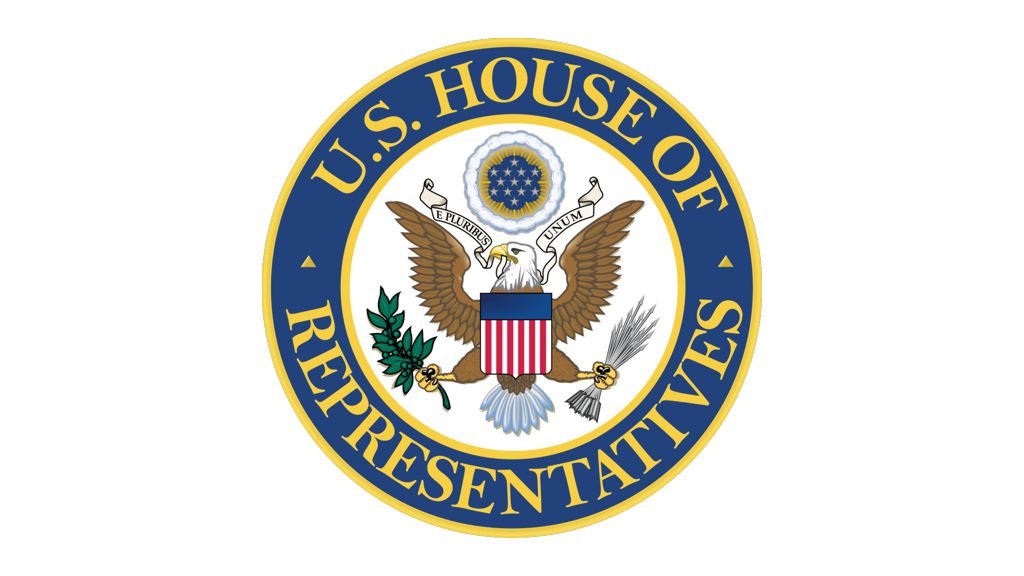On climate change, government-centric approach will hurt USA with unintended consequences
Climate change is real, and man-made emissions are indeed having an impact. However, many of the subsidies and regulations being proposed are costly and ineffective, benefiting the well-connected rather than the planet.
Take President Joe Biden’s expected moratorium on new oil and natural gas leases and drilling permits on federal lands. Western and Gulf Coast states, which rely on energy development for their economic life, would suffer. The decision would result in less supply, fewer jobs and less revenue coming into these states — money used to fund everything from public schools to conservation efforts.
Worse, all the economic costs of the moratorium would buy a change in the Earth’s temperature that’s practically unnoticeable. A climate model developed at the National Center for Atmospheric Research shows that eliminating all fossil fuel production on federal lands would avert 0.08 degrees Celsius of warming by 2100.
Further, policies that restrict or prohibit natural resource extraction in the United States will not stop or substantially change the global consumption of these resources. Instead, production will shift to places where the standards are not as rigorous, increasing emissions in the process.
This administration’s recent energy actions represent a broader concern with a government-centric approach. They will result in higher prices and are fraught with unintended consequences.
In fact, even if the United States were to achieve a net-zero emissions target at the sacrifice of higher energy bills and a weaker economy, the climate benefit would be minimal, as America constitutes a relatively small percentage of global emissions.
The Paris Agreement does little to change this, as major emitting developing countries have free reign to emit well into the future without meaningfully changing their behavior.
A more effective way for the government to lead is to get out of the way. Reforms should focus on breaking down barriers to innovation, providing timelier permitting for new, cleaner energy projects and reducing trade barriers that stunt the adoption of more efficient technologies. We need economic freedom, not more restrictions.
By Nick Loris
Nicolas Loris is the deputy director of The Heritage Foundation’s Roe Institute for Economic Policy Studies.






